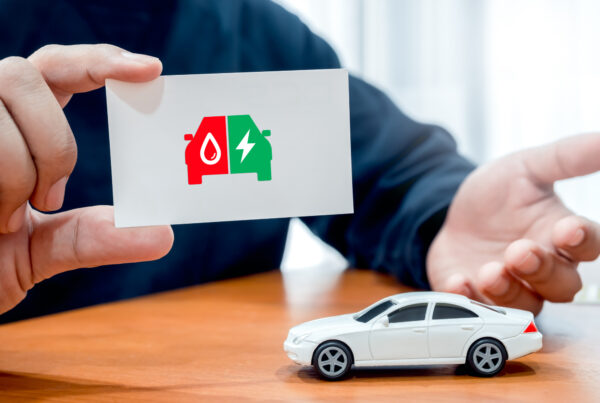The ASEAN Centre for Energy is heavily encouraging the governments of the member countries of ASEAN to assist in the switch to electric vehicles (EV).
The ASEAN Energy Database System (AEDS) was developed by the ASEAN Centre of Energy to provide “various reliable energy data and information for ASEAN.” AEDS published a report that emphasises the benefits of EV use in the Southeast Asian region. The report maintained that the Southeast Asian region falls behind other nations in terms of EV adaptation. AEDS claims that EV market share in SEA will widen once encouraged by government incentives and projects.
AEDS encourages ASEAN member countries to follow the lead of EV-adapting countries such as China, India, Denmark, Germany, the Netherlands, and more. The organisation strongly suggested that government assistance in the form of subsidies and additional assistance will boost EV use in the region. Examples of additional assistance were stated as: “preferential access to otherwise restricted zones (e.g. low-emission zones), priority parking, road toll exemptions and the right to use bus lanes.” Such projects saw a rise in EVs’ market share in Europe, specifically in Sweden, Norway, and the Netherlands.
PUSHBACK FROM CONSUMERS
Southeast Asia, in general, might not be ready for this change. An article published by Context news in 2023 wrote of the following reasons behind SEA’s slow EV adaptation: “A dearth of charging infrastructure outside urban centres, a lack of tax incentives and subsidies for both automakers and buyers, and slow progress on developing affordable EVs among Southeast Asia’s main manufacturers have held back the region.” Additionally, the slated prices of buying EVs at comparatively 2-3 times higher than non-EVs in the region.
Thailand’s Board of Investment has attempted to account for this by providing “investment privileges” for EV companies. Indonesia and Brunei provided citizens with reduced taxes, additional incentives, and regulations to promote EV use. Though the Philippines shows the highest interest in EVs, there is no mention of any government aid in the switch to EVs.
ASEAN’s shift to EVs is seemingly slow, but not without potential. The region is open to making the switch. AEDS reiterated its strong recommendation for ASEAN governments to provide financial incentives, infrastructure and urban planning support, and vehicle-related regulations.
Was this article helpful? Leave us a like!


















